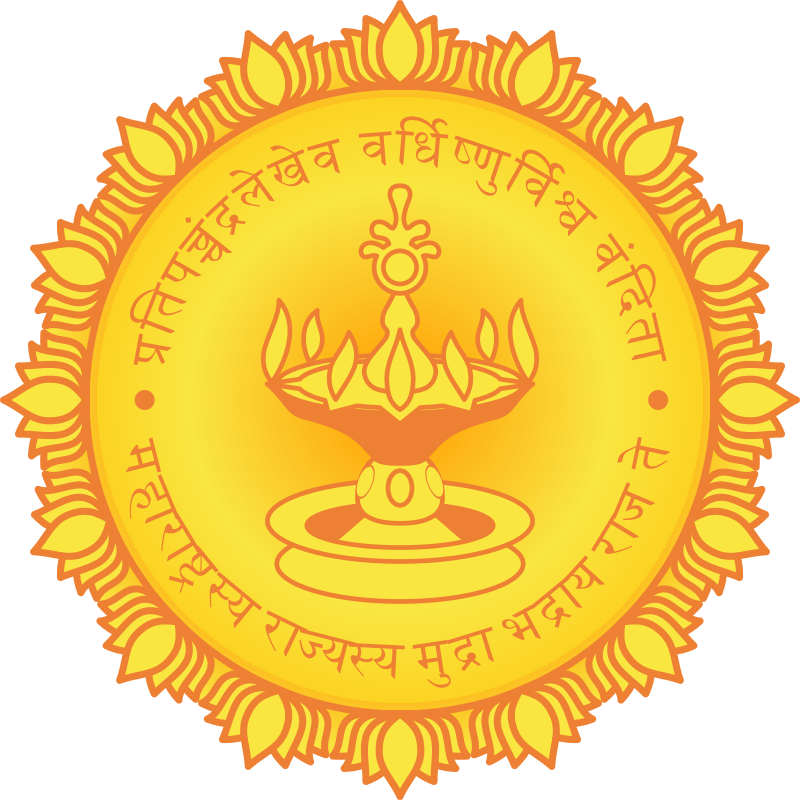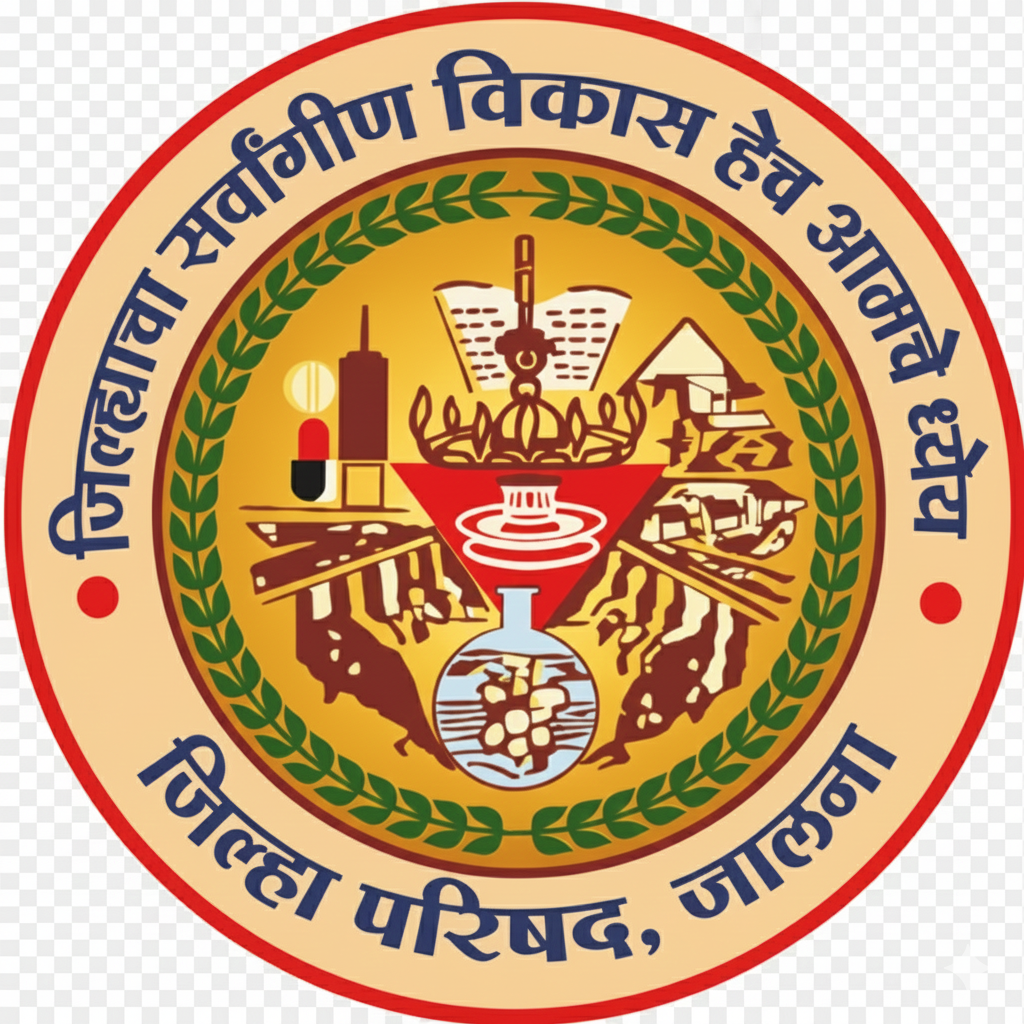About Department
A brief history
Irregularities of monsoon and frequent droughts have become a serious concern for the state government. Drought conditions lead to food, employment and water scarcity in rural areas of the state. Therefore, to reduce the threat and impact of drought on the rural people, the Maharashtra government has taken permanent and long-term measures by employing unskilled laborers. And conservation of natural resources in rural areas and management of forest, soil and water etc. during severe drought in the state. In view of all the above, the State Legislative Assembly passed the Maharashtra Employment Guarantee Act, 1977 and implemented it throughout the State. Maharashtra Employment Guarantee Scheme was launched under this Act and two different schemes were implemented across the state.
A scheme guaranteeing employment to all adult persons living in rural areas of the state and willing to do manual labour.Personal Benefit Scheme under Section 12 (e) of the Maharashtra Employment Guarantee Scheme Act, 1977. During the year 2005, the Parliament of India passed the National Rural Employment Guarantee Act (now known as the Mahatma Gandhi National Rural Employment Guarantee Act) and implemented it for the whole of India. According to Section 28 of this Act “ is enacted to provide guarantee of employment to rural households for unskilled manual labor work in the State in which the Act exists or to provide employment guarantee to rural households in accordance with the provisions of this Act, under which the right to employment is provided to families. According to the option of the State Government to implement this Act, which is not inferior to the guarantees given under this Act, the Government of Maharashtra has adopted the option of keeping the Maharashtra Employment Guarantee Act, 1977 in the year 2006. However, in 2014, the Maharashtra State Legislative Assembly made necessary amendments to the Maharashtra Employment Guarantee Act, 1977 to provide funds to the state after the MNREGA Act, 2005, thus changing the procedure for implementation of the scheme and the aforesaid amended Act effective in the state came into force.



